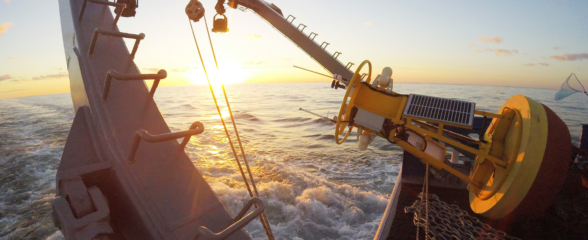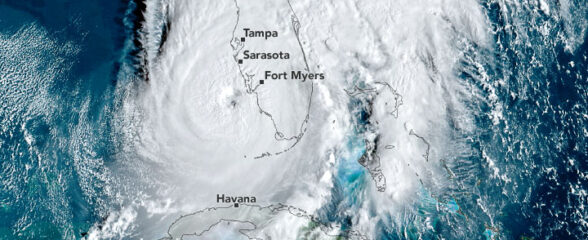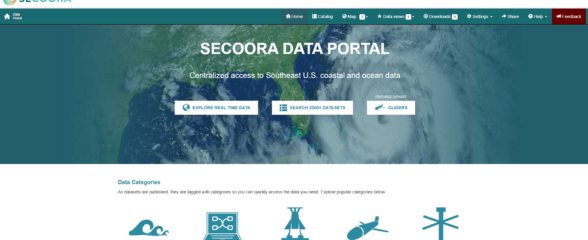The Gulf Research Initiative has published their request for proposal for the $50 million in funds from BP. Information is available at http://www.gulfresearchinitiative.org/request-for-proposals/.
You may download the RFP at: http://www.gulfresearchinitiative.org/wp-content/uploads/2011/02/GRI_RFP_I.pdf
Important dates to note:
9 pm EDT, 9 May 2011: Letters of Intent must be submitted to the Consortium for Ocean Leadership
9 pm EDT, 6 June 2011: Status update on letters of intent due
9 pm EDT, 11 July 2011: Complete proposals are due
BACKGROUND:
The purpose of RFP I is to select the research activities for GRI Years 2-4 (1 June 2011-31 May 2014) involving Research Consortia. For this solicitation, a Research Consortium is defined as having four or more institutions. The second RFP (RFP II) will focus on activities involving less money and less internal management than a Research Consortium; RFP II will be issued at a later date. RFP II will request proposals from individual or collaborative efforts involving a principal investigator (PI) and co principal investigators (co PIs) from up to three additional institutions and will be focused on the same research themes described in RFP I. RFP II will fund activities for GRI Years 2-4.
The annual funding level for all GRI activities is expected to be $50 million per year. The total funds available for distribution to Research Consortia through RFP I will be a minimum of $37.5 million per year. Four to eight Research Consortia will be selected, and funding for each is estimated to be between $1 million (minimum) and $7.5 million (maximum) per year. The total funds available for distribution through RFP II will be up to a maximum of $7.5 million per year; and funding for each is estimated to be between $100,000 (minimum) and $1 million (maximum) per year.
The GRI emphasizes interdisciplinary science and technology involving experts in physical, chemical, geological, and biological oceanography; marine biology; coastal and reef ecosystems, fisheries and wildlife ecology; public health; and associated development of physical, chemical, and biological instrumentation, advanced modelling, and informatics.
All activities selected for GRI funding will combine state of the art research with deep scientific knowledge of the ecosystems of the Gulf of Mexico to create fundamental advances in understanding the interactions that occurred and continue to occur among the marine and coastal ecosystems, oil, and oil dispersants produced by the catastrophic loss of the DWH oil drilling platform. The success of the GRI depends on a combination of regional knowledge with regional, national, and international research innovation.
Related news

Funding Cuts to NOAA IOOS Will Hurt the Southeast
Proposed federal funding cuts would eliminate the IOOS Regional Observations budget for next year. Contrary to the budget Congress has already approved for this year, the Executive Branch wants these proposed cuts to go into effect in 2025.

SECOORA Webinar on the Rapid Intensification of Hurricane Ian: Warm Subsurface Water on the Wide Continental Shelf
Join us Thursday, April 24th at 12 PM ET for the April installment of the SECOORA Coastal Observing in Your Community Webinar Series! This month, we will hear from Dr. Yonggang Liu from the University of South Florida. He will discuss his research on the rapid intensification of Hurricane Ian in relation to anomalously warm subsurface water on the wide...

Webinar: SECOORA Data Portal Demo
Join us on Thursday, February 20, 2025 at 1:00 PM ET to learn more about the SECOORA Data Portal and how to navigate it. Axiom Data Science will be providing an overview of the portal, including how to search the Catalog and make a custom data view.